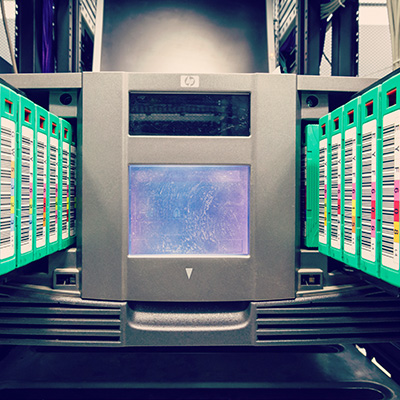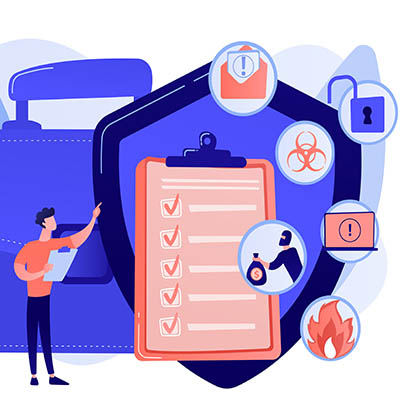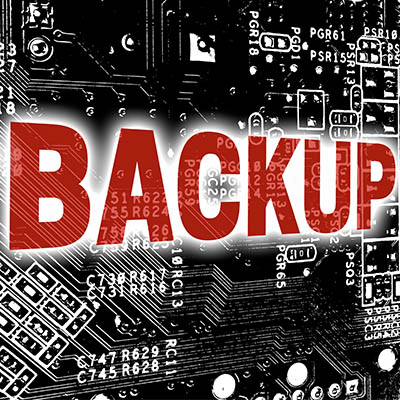IT professionals have all but proclaimed the tape backup system, which dominated the data backup space for decades, to be all but dead. This declaration may have been premature however. Over the past several years, there has been a resurgence in companies that use tape backup. This week, we will go into why businesses are willingly utilizing what can only be described as an antiquated technology for their system redundancy.
Despite its undeniable value, data is incredibly fragile. The loss of critical information can spell disaster for a company, making data backup a paramount concern. In this article, we’ll explore why data backup is so important for businesses and why it should be at the forefront of every organization’s IT strategy.
Data is what makes your business function, and if you’re not careful, you might find yourself without it due to a hardware failure, malware attack, or even human error. You need to maintain and implement a powerful data backup solution to ensure that your business can bounce back following a disaster, and this platform should keep your data as safe and accessible as possible in the process. Here’s how you can implement such a solution.
If you have never imagined your business in the crosshairs of enemy hackers, you could be in for a rude awakening. Unauthorized access to important business data could be enough to bring your business’ operations grinding to a halt, among other consequences. You need to focus your efforts on security, including protecting your infrastructure and ensuring its redundancy through data backup systems.
Business continuity is difficult to talk about for some business owners, specifically because no one likes to talk about the worst case scenario. What would you do if your business were to suddenly go through a disaster? Do you have a plan in place? If not, let’s talk about that. Here are some aspects of business continuity that you must consider. Remember; your company’s future depends on it!
If you are a regular visitor to our blog, you know just how important we think data backup is for any business that relies on data. If your business stores and creates data, you need to have a backup strategy in place. It’s that simple. Today, we want to discuss how to improve your data backup strategies with a BDR.
The late American author Kurt Vonnegut once wrote, “New knowledge is the most valuable commodity on earth. The more truth we have to work with, the richer we become.” Written in the 20th century, it has been put in practice by 21st century businesses. As the Internet has grown, the amount of companies expanded, and the amount of data that those companies collect has grown exponentially, especially now that there is a market for such data.
Everyone from Wall Street to Main Street is feeling the effects of the COVID-19 outbreak. As a result, many businesses have had to enact their disaster recovery strategy to ensure that their business remains on solid footing during this dark time.
Each March 31st, we like to observe World Backup Day, where we educate people about the benefits of having a comprehensive backup plan in place. This year, with tens of thousands of people being affected by Coronavirus, business has ground to a halt in large portions of the world. Today, we are going to look at the business continuity strategy and how, in times like these, you’ll be glad you have your data backed up.
It has reached the point that, if you have a business, you had better have a backup prepared. Otherwise, the digital data that modern businesses like yours rely on is vulnerable to loss. Of course, depending on the age of your business, you may have data that no longer applies to your operations. That’s why we’re going over how to select the data you should continue to back up.
- 1
- 2










